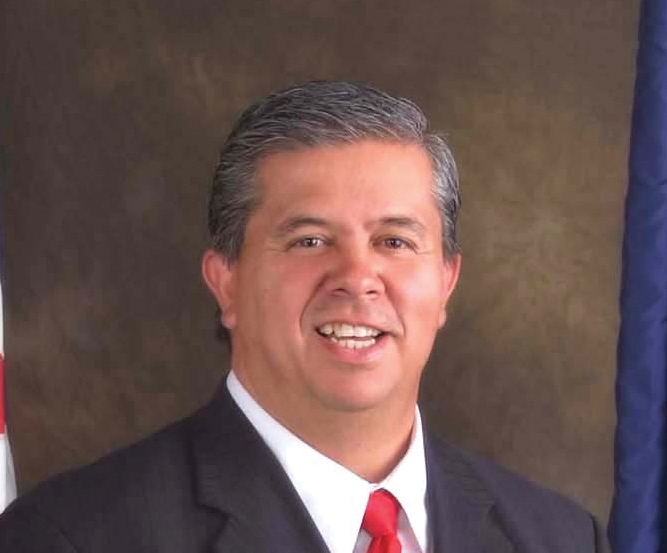Since his first day on the job in Idaho, TJ Bliss has held a seat at the leadership table with the Smarter Balanced Assessment Consortium.

Bliss, who earned his PhD in April from Brigham Young University, serves as K-12 State Lead representing Idaho on SBAC. He’s also the director of assessment and accountability for the State Department of Education, a position he has held since February.
The SBAC leadership role is significant because Idaho will administer “field test” versions of the new high-stakes test at the end of the upcoming school year. Meanwhile, the full test will be given and tied to accountability in 2014-15.
Idaho is classified as an SBAC governing state, and Bliss’ responsibilities include voting on matters related to the assessment system, working with SBAC leads in other states, reviewing SBAC expenses and consulting with Idaho educators about the direction they want SBAC to go.
States that are not governing states are considered advisory states, and their representatives do not get a vote on SBAC decisions.
“When it comes to influence, Idaho has a lion’s share, especially in proportion to our (population) numbers,” Bliss said.
All decisions affecting the SBAC’s formation and development are made on a consensus basis among the education leads of the governing states. About twice a month, Bliss attends SBAC meetings (usually via online webinars) and casts votes after consulting with Idaho educators and State Department leaders.
One of the more significant decisions Bliss was involved in was pushing for states such as Idaho to be given flexibility to administer the SBAC field test next year. The move is designed to give teachers and students experience with the assessment a year before it counts, but other moving pieces had to be addressed as well.
“This is a double-testing situation where we pushed on the U.S. Department of Education to allow us to give the Smarter Balanced field tests to all student and not give the ISAT,” Bliss said. “There was a pretty unanimous mindset that we can’t give both tests next year.”

But Bliss isn’t the only Idahoan helping form and guide SBAC decisions. Superintendent of Public Instruction Tom Luna holds a leadership role with the 21 other SBAC governing states’ education chiefs.
Next summer, another important SBAC decision looms when Luna or his designee will be asked to cast an important vote determining the grade level “cut scores” that will be used throughout SBAC.
State Department of Education Chief of Staff Luci Willits serves on the executive committee and Idaho State Board of Education Chief Academic Office Selena Grace is the state’s higher education lead.
Grace often works with Boise State University College of Education professor Roger Stewart as a higher education delegate on SBAC matters.
Finally, there is a team of about 80 Idaho teachers that reviews and develops strategies to help other Idaho teachers administer the test and work on implementing Idaho Core Standards and the SBAC.
“Being a governing states gets you a seat at the table right there with the Californias of world,” Stewart said. “I have been surprised by how much of a voice Idaho has in the whole process, being able to run with the big dogs.”
Bliss, whose professional and academic background is devoted to assessment, measurement and evaluation, strongly supports SBAC and Idaho Core Standards.
“We’re trading in a lesser quality car for a much higher quality car for a cheaper price because we’re doing it together with other states,” Bliss said. “It was time to improve the ISAT anyway if we didn’t go to Smarter Balanced. This is our chance to really get beyond a multiple-choice test.”
Disclosure: Roger Stewart works regularly with the Idaho Leads project, which heads up Idaho Education News. Like the Idaho Leads project, Idaho Education News is funded by a grant from the J.A. and Kathryn Albertson Foundation and Ed News reporters are Boise State University employees.
